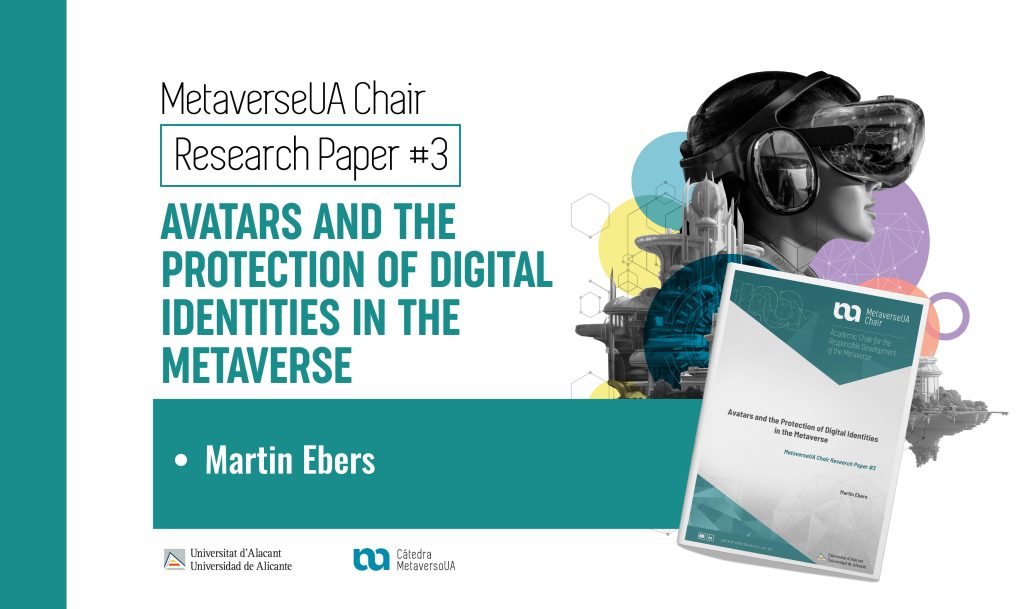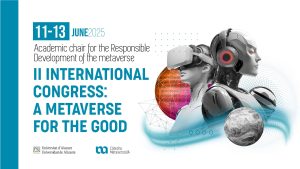
MetaverseUA Chair Research Paper #3 – Avatars and the Protection of Digital Identities in the Metaverse
We are pleased to announce the release of the third paper in our series, MetaverseUA Chair Research Papers titled ‘Avatars and the Protection of Digital Identities in the Metaverse‘, authored by Martin Ebers, President of the Robotics & AI Law Society (RAILS) and one of the members of the Chair’s Scientific Committee.
The abstract of this third publication can be found below:
Avatars allow users to create (digital) identities in virtual worlds – including the Metaverse; to express themselves, communicate, and interact with others. But how does the law protect these digital identities? What are the legal implications if an avatar is insulted, defamed, assaulted, harassed, or copied by other users (or their avatars)? What if a Metaverse platform provider restricts or even fully blocks an avatar’s ability to communicate and operate in the virtual space? This research paper addresses these questions from a comparative law perspective, examining users’ rights related to their avatars. To this end, it analyzes the contractual relationships governing avatars, with a focus on the rights and obligations derived from platform terms and conditions, as well as the relevance of property and copyright law to digital identities, assessing both the possibilities and limitations of these frameworks. At its core, the paper argues for recognizing a new fundamental right to digital identities for users with regards to their avatars, based on Article 8 of the European Convention on Human Rights (ECHR). Given the increasing convergence of real and virtual identities, the paper concludes that virtual harm inflicted on users through their avatars should be recognized as morally and legally significant under Article 8 of the ECHR. Accordingly, personality rights already established in private law should extend to virtual identities in a manner analogous to their application to real-world identities.
This paper is part of our ongoing research efforts under the Chair’s new publication series. Over the coming weeks, we will be releasing additional papers inspired by insights from speakers in our first seminar cycle.
If you want to be informed about all our upcoming activities and publications, please subscribe to our mailing list.






